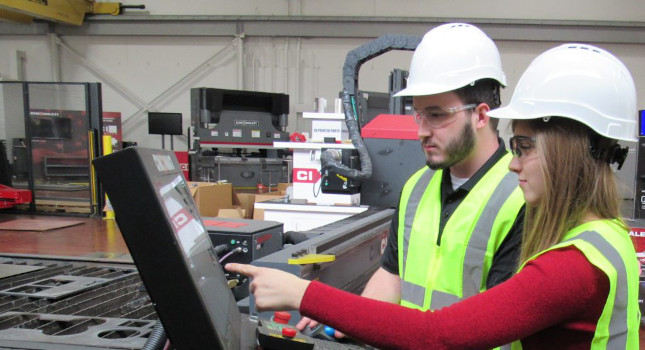Actively working to develop team members for a long-term career with a company is paramount

A successful system integrator’s strength comes from its team members. Creating an environment that fosters coaching, mentoring and collaboration supports learning and growth for a company’s talent. Matt Scott, director of mentorship and lead engineer at Malisko, explains why working to develop team members for a long-term career with a company is paramount.
CFE Media: How has the learning management system (LMS) helped guide the technical growth of your team members? Describe the system (self-guided? Instructor led?).
Matt Scott: For the most part, our LMS is self-guided. The LMS core is structured around our core pillars of competency. The Pillars represent the categories of services our team provides and each of our team members squarely represents one if not more of these Pillars with their knowledge and skillset. Defining the pillars and competencies gives each team member a pathway to develop in their primary pillar as well as getting a better understanding of what important skills are needed for another Pillar of interest.
The LMS is a repository of internally and externally developed learning material that can be categorized and sorted by the pillar of competency. The LMS contains courses where learners can join a pillar team led by a gold standard team representative of the pillar competencies and a director-level pillar sponsor. The pillar team is empowered to work together to assure the vital competencies of that pillar remain current and relevant. The goal is to define the job skills, certifications and behaviors key for success in the pillar, giving each team member a defined path for success. The pillar courses are the definition of what we do and where enrolled members collaborate to learn from each other. Based on the defined competencies, other LMS training content can direct team members to technical and soft skill training to accelerate learning the specific competencies defined.
CFE Media: How are clients’ needs ascertained? How do your system integrators determine these needs?
Scott: Outside of receiving a defined scope from our clients, we use experience, conversation and observation to assure we are meeting our clients’ known needs and look for ways to expand and improve any system we encounter. As integrators, we encounter such a variety of platforms and implementation strategies, this provides us with an expanded perspective we can share with our customers to make the right decision.
CFE Media: How often do your system integrators train end users? Describe that process.
Scott: End-user training is commonly included in the scope of our projects. In recent years, creating training videos for our clients has become popular. These videos are effective as they are developed from an operator, maintenance or engineering perspective and mimic procedures and tasks needed to be carried out by the trainee. We also develop detailed training manuals using a standard structured template. The delivery of this training is often done by the development team onsite when possible or by remote video conference.
CFE Media: What advice would you give other system integrators regarding continuing technical education?
Scott: Clearly defining the core services and skills your company values is a must to build a pathway for your team to develop, succeed and feel satisfied and relevant in their jobs. Adding an element of team collaboration is important because, often your best training resources are experienced people in your company. Empower and motivate these individuals to lead and strengthen the entire team.



